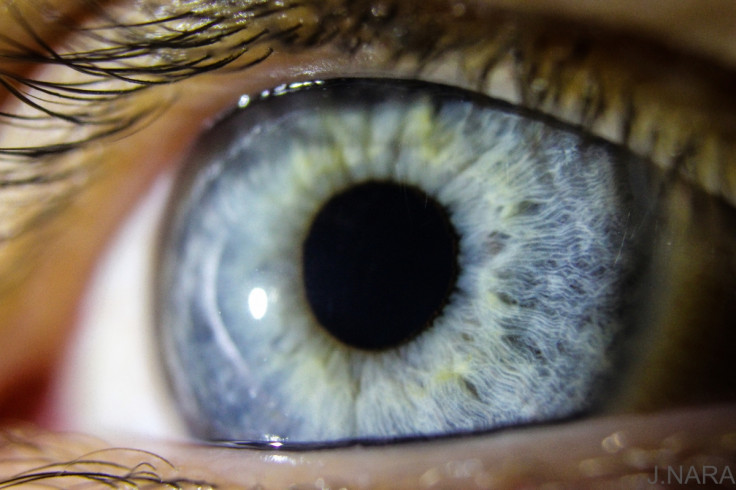Did you clock that? Why eye contact is crucial to social interaction

Eye contact between two individuals can synchronise their brain activity, say researchers from Japan. The results of the study show that synchronised brain activity is very important in establishing a strong face-to-face social understanding.
Researchers at the National Institute of Physiological Science found that when two people gaze into each other's eyes, their brain activity begins to sync-up. Their blinking becomes harmonised, and even fundamental brain activity synchronises.
"Based on the enhancement of behavioural and neural synchronisation during mutual gaze, we now know that shared attention is hard to establish without eye contact," said Norihiro Sadato, lead author of the study. "We expected that eye-blink synchronisation would be a sign of shared attention when performing a task requiring joint attention, and the shared attention would be retained as a social memory."
The study, which will be published in NeuroImage, in January, involved 96 participants, who volunteered two days of their time for the investigation. Two at a time, the volunteers were asked to stare into each other's eyes under a number of different conditions. The scientists used functional magnetic resonance imaging to analyse the participant's brain activity throughout the study.
Results showed that after a short amount of time, blinking became synchronised, as did activity in the inferior frontal gyrus part of the brain – a portion of the brain which dictates risky behaviour, and inhibition.
Previous investigations have been conducted along these lines, but this is the first study with results for the amount of information being shared and retained. The researchers believe these results show that eye contact is crucial for social interaction.
Sadato said: "Further investigation into the workings of eye contact may reveal the specific functional roles of neural synchronization between people."
© Copyright IBTimes 2025. All rights reserved.





















